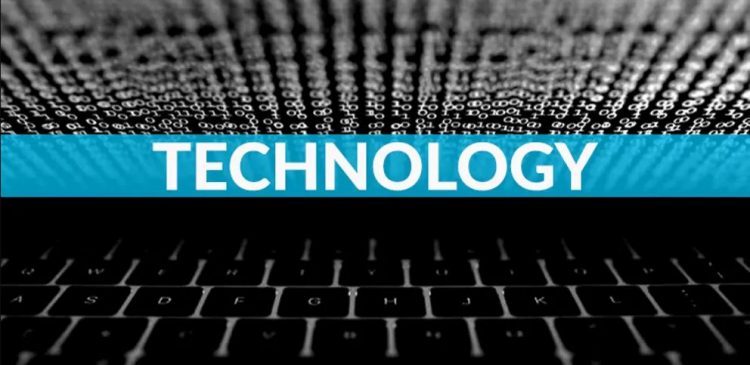The Dark Web, often associated with illicit activities and shadowy dealings, also plays a crucial role in supporting human rights defenders globally. Despite its controversial reputation, the Dark Web provides a secure and anonymous platform for individuals and organizations advocating for human rights, especially in regions where such activities might be dangerous or heavily monitored. One of the primary ways the Dark Web supports human rights defenders is by offering a shielded space for communication and information sharing. In countries with oppressive regimes, activists face significant risks of surveillance and repression. The Dark Web’s anonymity tools, such as Tor the Onion Router, allow human rights defenders to communicate safely, share critical information, and collaborate on campaigns without fear of government surveillance or retaliation. This protective layer enables activists to organize, strategize, and disseminate information while avoiding detection.
Furthermore, the hidden wiki Dark Web serves as a valuable resource for disseminating information that might be censored or suppressed by authoritarian governments. For instance, whistleblowers and journalists can use Dark Web platforms to leak sensitive documents and reports that reveal human rights abuses, corruption, or state-sponsored violence. These disclosures often reach a global audience, drawing international attention and putting pressure on oppressive regimes to address human rights violations. The anonymity provided by the Dark Web ensures that whistleblowers and journalists can expose wrongdoing without exposing themselves to potential harm. In addition to providing secure communication channels, the Dark Web also fosters solidarity and support networks for human rights defenders. Online forums and communities on the Dark Web allow activists from different regions to connect, exchange ideas, and offer mutual support. This network can be instrumental in sharing best practices for activism, providing emotional support, and mobilizing resources. Such connections are particularly important in isolated or repressive environments where local support might be scarce.
Moreover, the hidden wiki Dark Web can be a haven for activists seeking asylum or safe passage. Individuals facing imminent threats due to their activism may use Dark Web platforms to discreetly connect with international organizations that offer protection and support. This aspect of the Dark Web can be a lifeline for those needing urgent assistance, facilitating their escape from dangerous situations and providing them with opportunities for safety and continued advocacy. In conclusion, while the Dark Web is often associated with negative connotations, its role in supporting human rights defenders cannot be overlooked. By providing a secure platform for communication, information dissemination, and support networks, it helps activists operate under oppressive regimes, share crucial information with the global community, and find refuge when needed. As such, the Dark Web serves as a vital tool in the ongoing struggle for human rights and justice, highlighting its complex and multifaceted role in the modern world.

